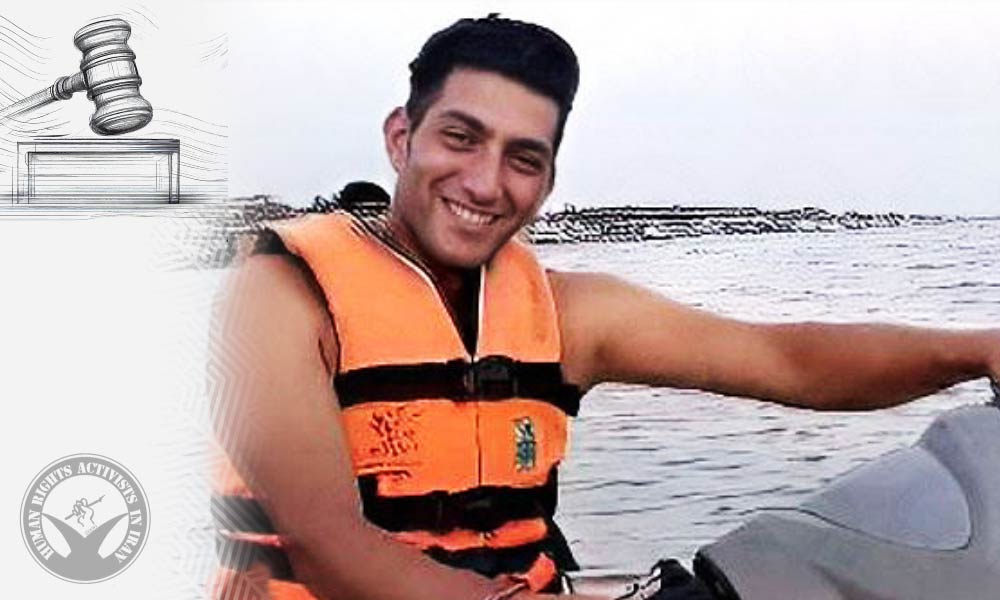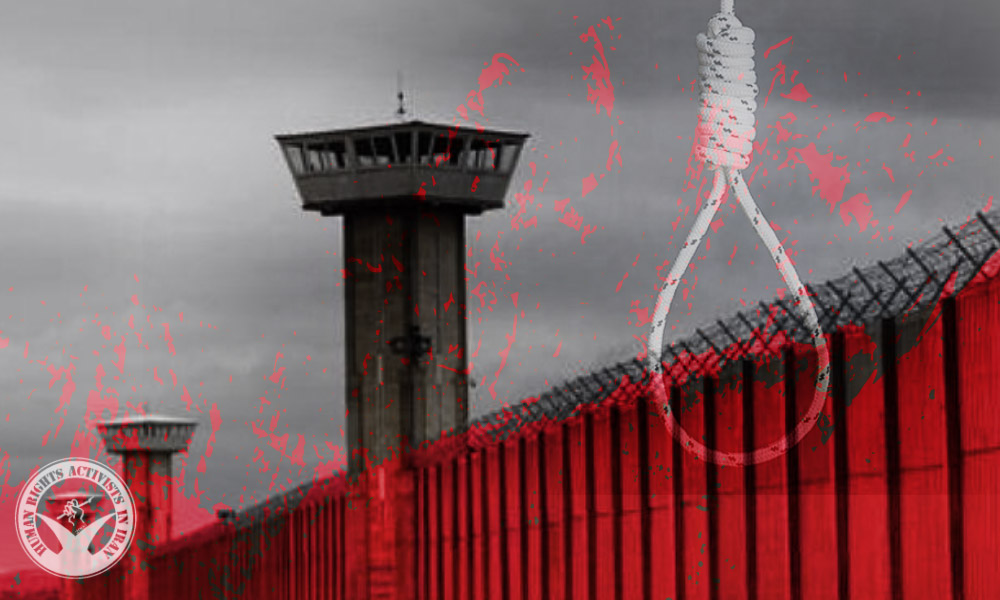The Supreme Court of Iran has recently affirmed the death sentence for Reza Rasaei (Rasaie), arrested in connection with the 2022 nationwide protests.
In October of this year, Rasaei was condemned to death for his alleged involvement in the killing of Nader Beyrami, the head of IRGC Intelligence, during the protests in Sahneh County, Kermanshah province.
A family member of Rasaei, who spoke to HRANA, confirmed that Judge Barani presided over the Supreme Court’s decision to uphold the death sentence. Notably, the court’s ruling appears to have been influenced by a confession obtained under duress during Rasaei’s detention.
In addition to the capital punishment, Rasaei faces other charges, including non-fatal injury, threatening with a knife, and disturbing public order by causing unrest. Initially, he received additional penalties such as Diya (wergild), a year sentence, and 74 lashes.
Rasaei was apprehended on November 24, 2022, by the police and subsequently detained in Sahneh County. Following the completion of the interrogation process, he was transferred to Dizel-Abad prison in Kermanshah.
Several other protesters involved in the November 18, 2022 demonstration are also confronting charges related to their alleged role in the death of the IRGC’s intelligence officer. This protest resulted in the deaths of several protestors at the hands of police and security forces.
Reza (Gholamreza) Rasaei, aged 34, is known as a Yarsan follower and resides in Sahneh County.





